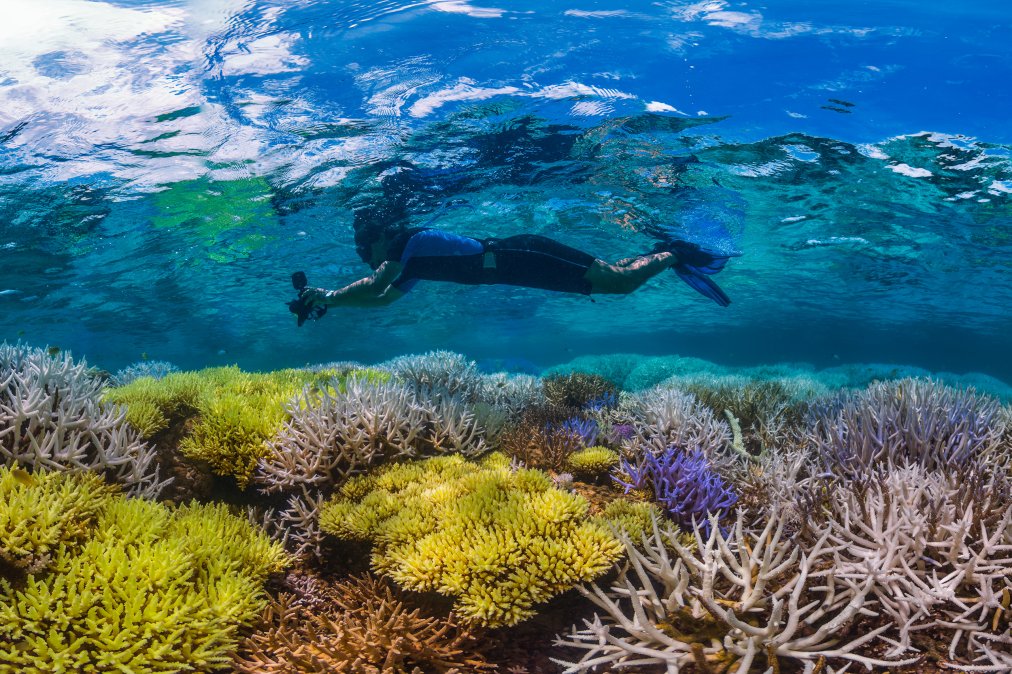For corals, when your nitrate and phosphate get higher, you are just limited by the set of corals that will do well and thrive. The higher you go, the more limited you are. Nobody really knows the limits for all corals and there is no guide to follow. You also can limit some inverts with higher nitrate and phosphate levels. I mostly do acropora and there are some that would not really care about no3 of 100 and po4 of 1.0... and some that kind get irritated if you get your no3 to 5 and po4 to .1.
If you REALLY pay attention to what Ross is saying in different places, you will see that he indicates that in that tank, he was not able to keep all of what he could keep with lower levels. He has even written about it on this board.
One good thing about really high nitrate and phosphate is that it can kill dinos, sometimes cyano and often hair algae. They came come back for people who lower their levels.
Most fish do not seem to care about higher levels.
It is really hard to grow coralline with higher nitrate and phosphate levels.
As for low, don't use media or chemicals and it is hard to get too low with natural things. Anoxic bacteria keep my no3 about .1, but I do feed a lot and have much nitrogen available in ammonia/ammonium which is more important than no3 levels. po4 of 1-3 ppb is not growth limiting, IME. As for dinos, I have none at these levels. I would need a week and many pages to explain my thoughts on dinos, but my tanks are very diverse with other things on surfaces so I don't have any sterile spots for dinos to take hold.
If you REALLY pay attention to what Ross is saying in different places, you will see that he indicates that in that tank, he was not able to keep all of what he could keep with lower levels. He has even written about it on this board.
One good thing about really high nitrate and phosphate is that it can kill dinos, sometimes cyano and often hair algae. They came come back for people who lower their levels.
Most fish do not seem to care about higher levels.
It is really hard to grow coralline with higher nitrate and phosphate levels.
As for low, don't use media or chemicals and it is hard to get too low with natural things. Anoxic bacteria keep my no3 about .1, but I do feed a lot and have much nitrogen available in ammonia/ammonium which is more important than no3 levels. po4 of 1-3 ppb is not growth limiting, IME. As for dinos, I have none at these levels. I would need a week and many pages to explain my thoughts on dinos, but my tanks are very diverse with other things on surfaces so I don't have any sterile spots for dinos to take hold.




















